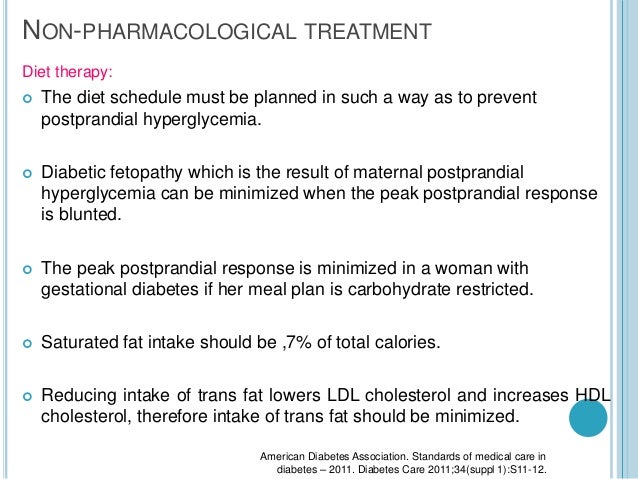The Ultimate Guide To A Network Meta-Analysis Vanessa Ha, PhD Student Supervisors

The Greatest Guide To nutritional disease - Diabetes mellitus and metabolic disorders
Slide, Share uses cookies to improve performance and efficiency, and to supply you with relevant advertising. If you continue browsing the site, you consent to the use of cookies on this site. See our User Agreement and Privacy Policy. Slide, Share uses cookies to improve performance and efficiency, and to supply you with pertinent marketing.
See our Privacy Policy and User Contract for details.

PPT – Best, Worst Fruit for Type 2 Diabetic Patients Manage High Blood Sugar PowerPoint presentation - free to view - id: 8bfac6-ZjcxM
In this nursing care plan guide are 17 nursing diagnoses for Diabetes Mellitus. Discover the nursing interventions, goals, and nursing evaluation for Diabetes Mellitus. is a persistent illness defined by inadequate insulin production in the pancreas or when the body can not effectively utilize the insulin it produces. This causes an increased concentration of glucose in the bloodstream (hyperglycemia).

Complications Of Diabetes Mellitus Ppt - DiabetesTalk.Net
The Basic Principles Of Planning Healthy Meals for the Person with Diabetes - Oregon
Continual hyperglycemia has actually been revealed to affect nearly all tissues in the body. It is associated with significant problems of numerous organ systems, including the eyes, nerves, kidneys, and blood vessels. Nursing care planning goals for clients with diabetes include effective treatment to stabilize blood sugar levels and reduce complications using insulin replacement, a well balanced diet, and exercise.
Tailor your teaching to the client's requirements, abilities, and developmental phase. Stress the result of blood glucose control on long-term health. This nursing care plan is recently upgraded with brand-new material and a change in formatting. Nursing Also Found Here and nursing interventions are listed in and then followed by their specific rationale in the next line.
The goal of diabetes management is to normalize insulin activity and blood sugar levels to avoid or lower the advancement of problems that are neuropathic and vascular in nature. Glucose control and management can drastically decrease the development and development of complications. Threat for Unsteady Blood Glucose as evidenced by insufficient blood sugar tracking, failure to follow diabetes management Insufficient blood sugar monitoring, Absence of adherence to diabetes management Medication managementDeficient understanding of diabetes management, Developmental level Absence of acceptance of medical diagnosis, Stress, sedentary activity level Insulin deficiency or excess Patient has a blood glucose reading of less than 180 mg/d, L; fasting blood glucose levels of less than.

